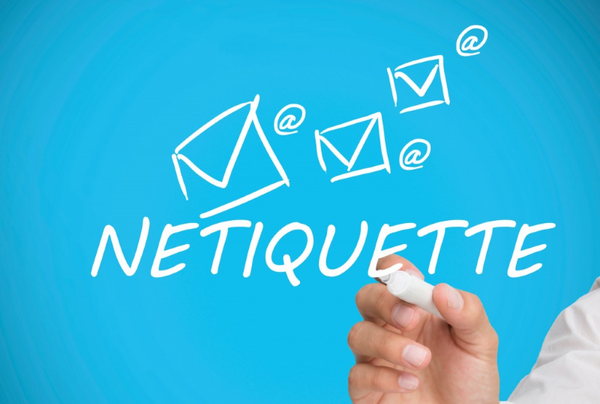How do you play your part for a better Internet?

The Internet is an astonishingly resourceful place – unlimited information on almost any subject in the world is at our fingertips. We use it to document our writings, chat with friends, watch videos, draw inspiration and read the latest news. We take so much from it – but what do we give back?
“Play your part for a better Internet” is the motto of this year’s Safer Internet Day, a day meant to remind young people of the importance of being responsible when using technology online.
The impact the Internet has on our lives is truly amazing.
In the 90’s, libraries were full of students preparing for their exams. Now, every bit of that information is online, accessible from anywhere in the world. What’s more, alternative platforms have sprung up to educate students on topics they’ve never had a chance to learn.
That’s the positive side of the story. The less fun part is the result of irresponsible online behavior. How many times have you received spam emails from a friend whose account has been hacked? When was the last time you were tagged in a malicious Facebook post or an embarrassing photo? Maybe you or someone you know even received hateful or harassing messages from cyber-trolls and bullies. Sadly, studies show that only 10 per cent of parents have knowledge of their teens being targets of cyber-bullying.
Despite close supervision by parents or teachers, children turning on their computers or picking up smartphones or tablets can bypass any digital restrictions and things can easily get out of control. In fact, one in 10 children no older than 15 is interested in accessing pornographic content, Bitdefender data reveals. This may not come as a surprise, since pornography has been around since forever. But, thanks to the Internet, it has increased sharply in accessibility and hyper-interactivity.
Unfortunately, millennials are not very worried about their online privacy. Only 30% of millennials are concerned about big companies selling their information.
Source: http://www.pewresearch.org
So, how can we become more responsible on the Internet?
Tips for children
- Realize that you are not the center of cyberspace. People are bombarded with information but have their own problems, so don’t harass people with messages.
- Don’t trash others. Are your comments rude, discriminatory, illiterate, or foolish? Do you show respect for comments, ideas and values from others? Respect others and you will be respected.
- Take action when you see cyber-bullying.
- Don’t compromise your online accounts by clicking malicious links or ads and using weak passwords.
- Research mobile apps before installing them.
Tips for parents
- Teach children the implications of posting private information about themselves. Selfies are fun, but oversharing poses a threat to privacy.
- Go through the privacy settings together. Find out what social networks your children use, and talk to them about the importance of privacy, both offline and online. Set their profiles to Private and explain each step, assuring them you’re trying to help them stay safe, not snoop or meddle in their business.
- Think twice about whether you really need to disclose accurate, yet sensitive information about your kids to each service that asks for it.
- Educate kids and teens on the risks they face when dealing with smart Internet-connected gadgets like smart toys.
- Monitor their online activity with proper parental controls.
tags
Author
Alexandra started writing about IT at the dawn of the decade - when an iPad was an eye-injury patch, we were minus Google+ and we all had Jobs.
View all postsRight now Top posts
Start Cyber Resilience and Don’t Be an April Fool This Spring and Beyond
April 01, 2024
Spam trends of the week: Cybercrooks phish for QuickBooks, American Express and banking accounts
November 28, 2023
FOLLOW US ON SOCIAL MEDIA
You might also like
Bookmarks









